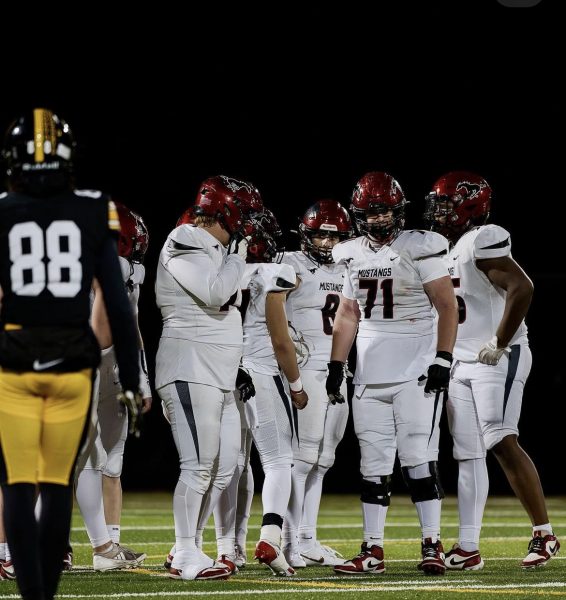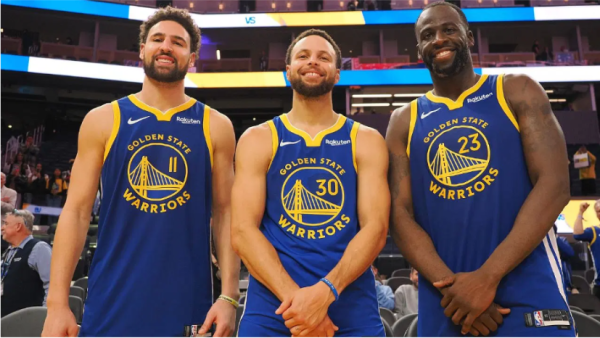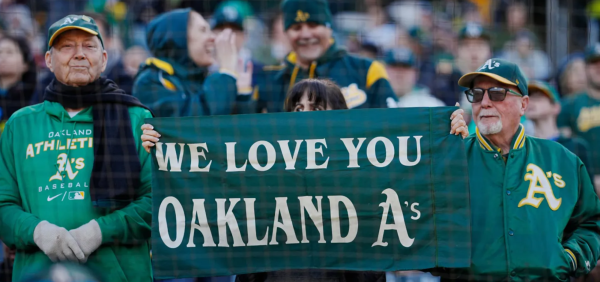The not so Great World Cup

Brazilians protesting the 2014 World Cup held in Brazil. Many were angry that the government spent money on the event instead of the country’s many issues.
Who doesn’t love the World Cup? It is considered the world’s greatest sporting event for the world’s biggest sport, soccer. However, the sport is not as clean as it tries to make it look.
The World Cup is run and organized by FIFA, the Federation Internationale de Football Association. In 2015, nine of FIFA’s top members were arrested on counts of corruption. When deciding where to hold the next World Cup, FIFA’s leader took part in a vote which determined the location of the next three World Cups. Many officials were offered and later accepted bribes from countries in order to vote for them to host the event. As a result, the South African, Russian, and Qatari World Cups were all a result of bribery.
After a lengthy investigation by United States prosecutors, fourteen of FIFA’s top officials were convicted of corruption and their president of seventeen years, Sepp Blatter, was banned from the association.
The corruption is not where it stops. In 2014, Brazil hosted the World Cup for the first time since the 1950 World Cup. In preparation, the Brazilian government spent over $14.2 billion, USD, on the event. This included brand-new stadiums and infrastructure to accommodate the thousands of people traveling to watch the Cup.
Although the event was historic, today, many of the multi-million dollar stadiums are completely vacant. Their grounds remain untouched and uncared for. While the huge sum of money paid by the government left many Brazilians angered over the government’s decision to host.
“Brazilians have not benefited from the tournament,” said Mayor of Rio De Janeiro Eduardo Paes. “There has been no legacy for them. The World Cup still makes them angry. There is regret that we even staged it.”
Many Brazilians also shared the anger Mayor Eduardo Paes had.
“The Brazilian government was seemingly conceding to FIFA’s infrastructure standards which they [Brazilians] felt could have been used to fund public health and education,” said Monte Vista Junior Malu Ramos.
As of 2022, 29.6 percent of Brazil’s people live in poverty, so if the World Cup money was repurposed it could have helped greatly. The billions could have been spent on things such as improving the healthcare system or the country’s economy.
The Cup did not achieve the tourism goals the government had set out to achieve, and instead left its population distrustful of its government.
The Brazil World Cup and FIFA corruption scandals, however, are minute compared to the Qatar World Cup. In 2010, Qatar was awarded the right to host the 2022 World Cup after paying off FIFA officials. The country pledged to spend over $200 billion on the event. The World Cup was an elaborate plan to improve the country’s tourism and display its vast wealth.
Qatar had to build seven stadiums, many more hotels, and an entire city to accommodate travelers wanting to watch the event. Qatar relied on cheap manual labor to get the construction done. Most of Qatar’s labor force comes from immigrants from countries such as India and Bangladesh. These immigrants were promised well-paid jobs and an overall better quality of life. Instead many end up in terrible conditions.
Laborers worked long hours on the construction of stadiums for the 2022 World Cup. They received very little pay and were forced to live in dirty compounds and, during the building of the stadiums, work conditions did not meet safety standards. NPR reports that almost 6,500 people died while working on the World Cup, however, the Qatari government claims that only about 400 to 500 people died.
The 2026 World Cup will be held in North America. Mexico, Canada, and the United States will all share the hosting and have games played in their respective stadiums. The three countries hope to not create unwanted controversy like the previous world cups. Unlike Qatar, all three countries already have stadiums and the infrastructure needed to host this huge event.
The World Cup has captured the hearts of billions of people. But how would the public perceive this “incredible” sporting event if they knew its consequences and actions?

Krish Shetty is a senior at Monte Vista. Krish will spend his second year at The Stampede as the paper's...

Julian McMahan is a sophomore at Monte Vista High School. He is beginning his first year in journalism...






